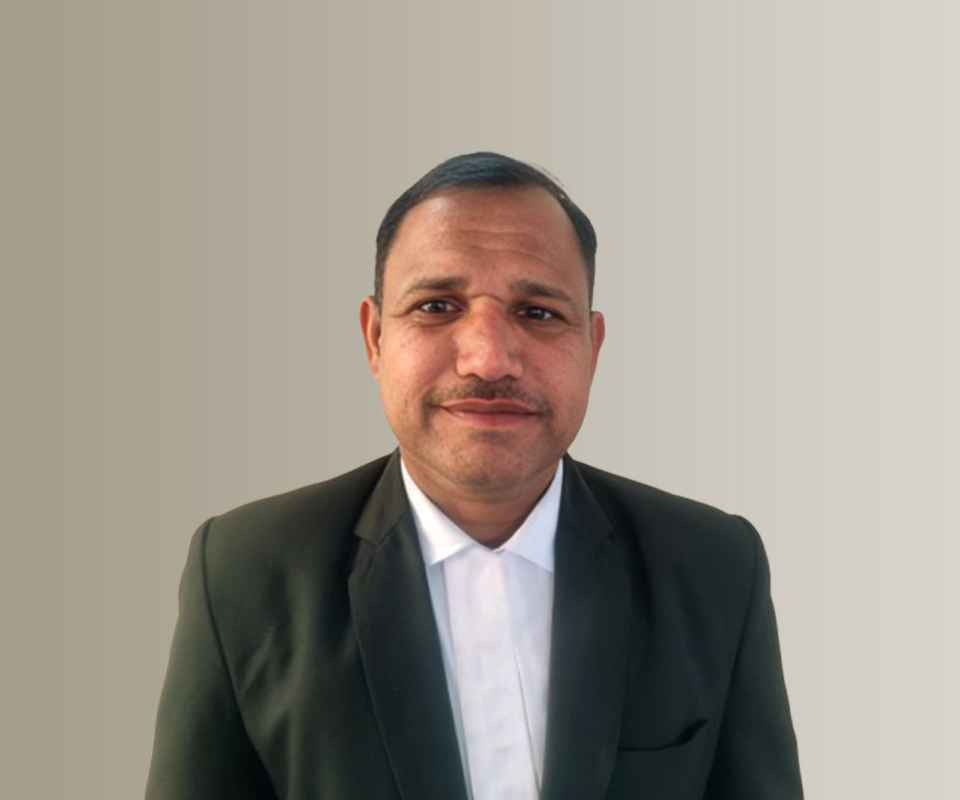Answer By law4u team
LGBTQ+ individuals who face persecution based on their sexual orientation or gender identity are recognized as valid asylum seekers under international law. Many countries have granted asylum to individuals fleeing persecution due to their LGBTQ+ status, offering protection to those at risk of harm, violence, or discrimination in their home countries.
LGBTQ+ Persecution and Asylum:
LGBTQ+ Persecution as a Valid Ground for Asylum:
International Law:
- Under the 1951 Refugee Convention and its 1967 Protocol, persecution due to sexual orientation or gender identity is recognized as a valid ground for seeking asylum. Many countries have extended this recognition to individuals fleeing violence or discrimination because of their LGBTQ+ status.
Protected Grounds:
- The Refugee Convention allows for asylum claims based on race, religion, nationality, political opinion, and membership in a particular social group. LGBTQ+ individuals are often classified under the category of a particular social group, as they share a common characteristic (sexual orientation or gender identity) and are subject to persecution.
Forms of Persecution Experienced by LGBTQ+ Individuals:
Violence and Harassment:
- LGBTQ+ individuals may face physical violence, sexual assault, or harassment due to their sexual orientation or gender identity. In some countries, individuals may be subjected to hate crimes or violence from both the state and non-state actors.
Legal Discrimination:
- In many countries, LGBTQ+ individuals face criminalization, where same-sex relationships are illegal, and gender non-conformity is punished by the law. This legal persecution can include imprisonment, fines, or even the death penalty.
Social Stigma and Discrimination:
- Even in countries where homosexuality is not criminalized, LGBTQ+ individuals often face significant social discrimination, rejection from family or community, and lack of legal protections against discrimination in employment, healthcare, and housing.
Legal Protections Available:
Asylum Claim Process:
- LGBTQ+ individuals who face persecution in their home countries can apply for asylum in another country, explaining how their sexual orientation or gender identity has led to them being targeted. Applicants must demonstrate a well-founded fear of persecution if they were to return to their country of origin.
Non-Refoulement:
- The principle of non-refoulement prohibits countries from returning individuals to countries where they face a risk of persecution, torture, or inhumane treatment. If LGBTQ+ individuals are at risk of further persecution upon return to their home country, they should be protected by the receiving country under international law.
Protection for Gender Identity:
- Many asylum systems now recognize gender identity as a valid ground for asylum, protecting transgender and non-binary individuals who face violence, discrimination, or state-sponsored persecution.
Evidence Required for Asylum Claims:
Personal Testimony:
- Asylum seekers need to provide a detailed personal account of the persecution they faced due to their LGBTQ+ status. This could include testimony of past violence, harassment, or threats from family, community members, or state authorities.
Supporting Documentation:
- While evidence like police reports, medical records, or affidavits from witnesses can help substantiate claims, many LGBTQ+ asylum seekers may not have access to such documents due to the illegal or covert nature of their persecution. Personal testimonies are often critical.
Country Conditions Reports:
- It is also useful to present country condition reports from international organizations like Human Rights Watch or Amnesty International, which detail the state of LGBTQ+ rights and the risks faced by LGBTQ+ individuals in the applicant's country of origin.
Challenges Faced by LGBTQ+ Asylum Seekers:
Fear of Disclosure:
- Many LGBTQ+ individuals may fear revealing their sexual orientation or gender identity to immigration authorities, especially in countries where these characteristics are stigmatized or criminalized. Asylum seekers may worry that disclosing such information could result in rejection or further persecution.
Credibility Issues:
- In some cases, asylum seekers may face questions about the credibility of their claim, especially if they are not able to provide sufficient documentation or if their story appears inconsistent. LGBTQ+ applicants may be asked to provide highly personal information, which can be traumatic and difficult to discuss.
Example:
A gay man from Uganda who has been persecuted by family members and the state due to his sexual orientation may apply for asylum in Canada. He could explain the violence and harassment he faced, supported by reports of Uganda's criminal laws against homosexuality and documented human rights violations. If his claim is successful, he may be granted asylum and protection from being returned to Uganda, where he would face further danger.
Conclusion:
LGBTQ+ individuals who face persecution due to their sexual orientation or gender identity have a valid and recognized right to seek asylum under international and national laws. They are protected from refoulement and can apply for asylum based on their well-founded fear of persecution. The asylum process for LGBTQ+ individuals may involve providing testimony, country reports, and other evidence to demonstrate the risk of harm they face. Many countries offer legal protections for LGBTQ+ refugees, recognizing their persecution as a legitimate ground for asylum.







